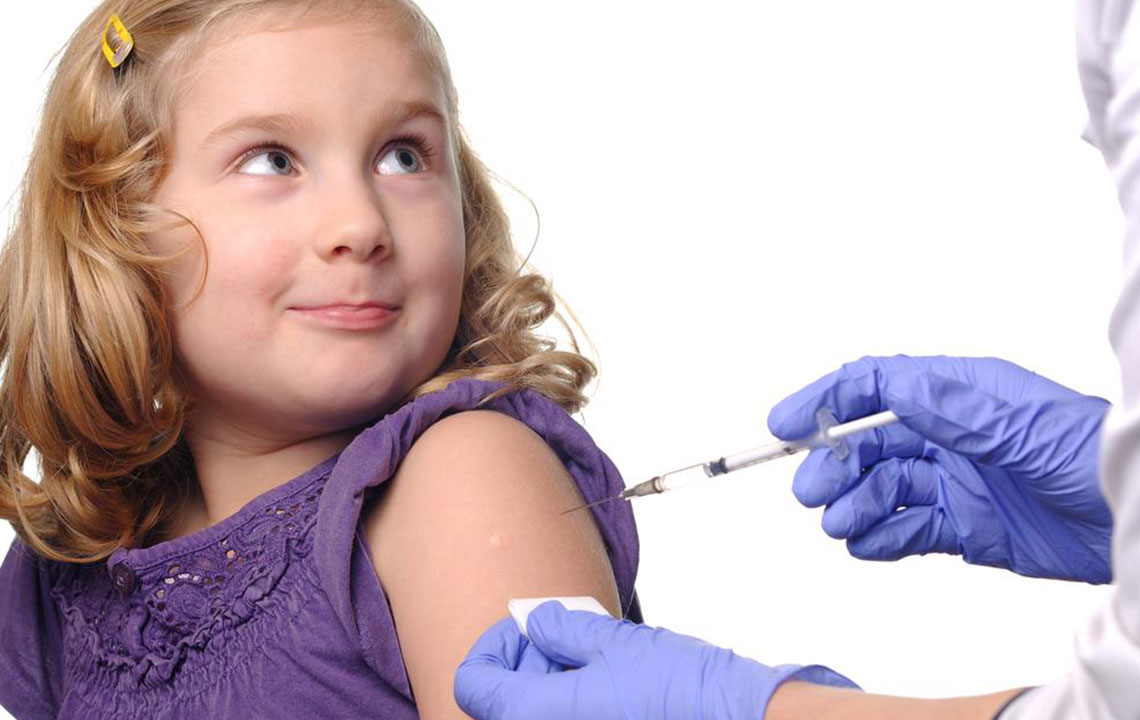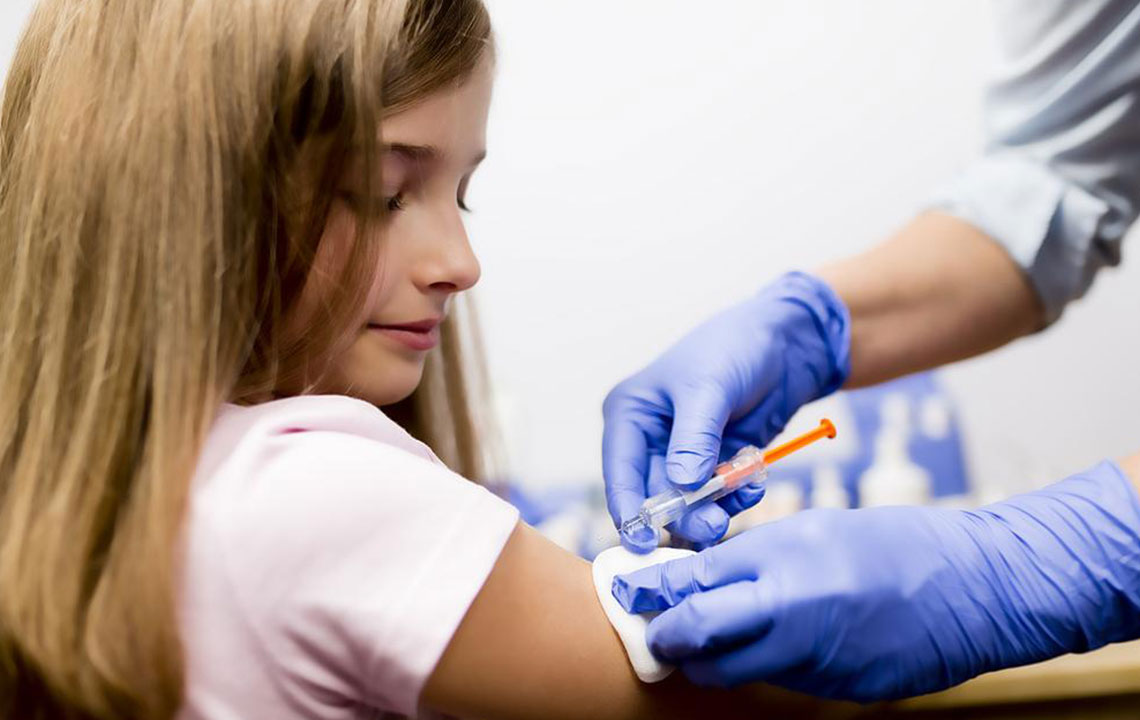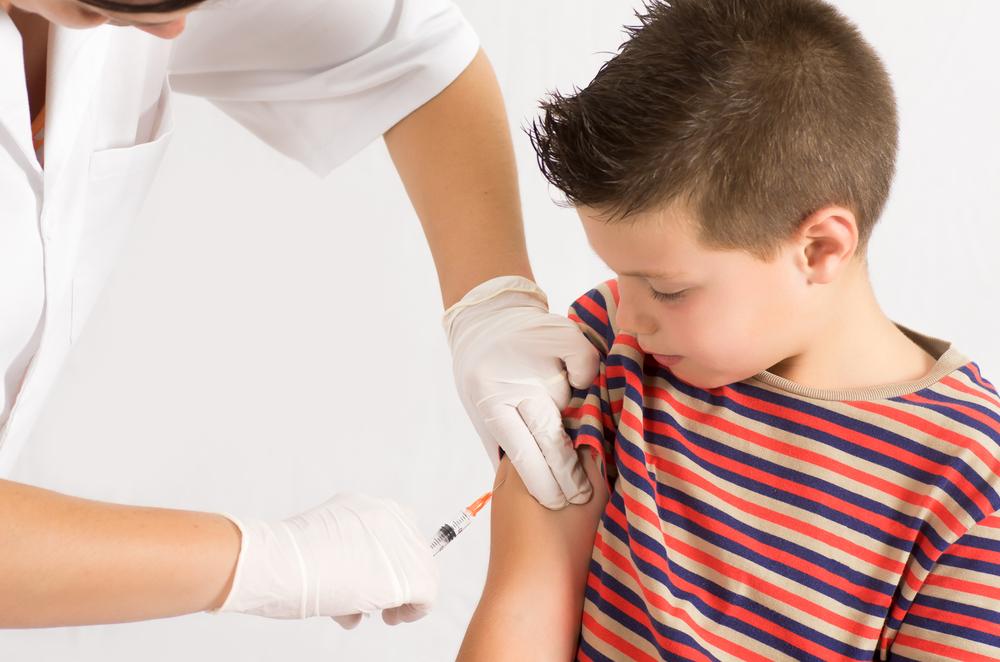Overview of the Free Childhood Vaccination Program
The Vaccine for Children (VFC) program, launched in 1963, provides free immunizations to uninsured and underinsured children under 19. Administered by the CDC and supported by local health departments, the program covers 14 preventable diseases, promoting public health and safety. This initiative aims to eliminate vaccination barriers, ensuring children’s health regardless of financial status, with many pediatricians and clinics participating nationwide.

Overview of the Free Childhood Vaccination Program
The government offers free vaccines for children who cannot afford them. The Vaccine for Children (VFC) program, established in 1963, is a federal initiative designed to immunize uninsured children through public and private providers.
This program targets children under 19 who are uninsured, underinsured, eligible for Medicaid, or are American Indian or Alaska Native. Underinsured refers to children with insurance that doesn’t cover vaccines or has expenditure limits.
The underinsured can access vaccinations at Federal Qualified Health Centers or Rural Health Clinics. Some costs like administration or office visit fees may apply but can often be waived for those with financial difficulties. The vaccines, which protect against 14 preventable diseases, include single or combined doses, managed by the CDC through the VFC program.
Many pediatricians participate in the VFC, and each state’s health department runs programs that facilitate free immunizations. Recommended vaccines include:
Diphtheria
Haemophilus influenzae type B
Hepatitis A and B
Human papillomavirus
Influenza
Measles
Meningococcal
Mumps
Pertussis
Pneumococcal
Polio
Rotavirus
Rubella
Tetanus
Varicella
These vaccines undergo strict safety evaluations before distribution, ensuring a safe immunization environment. The program’s goal is to remove barriers to vaccination, promoting health and safety for all community members.









